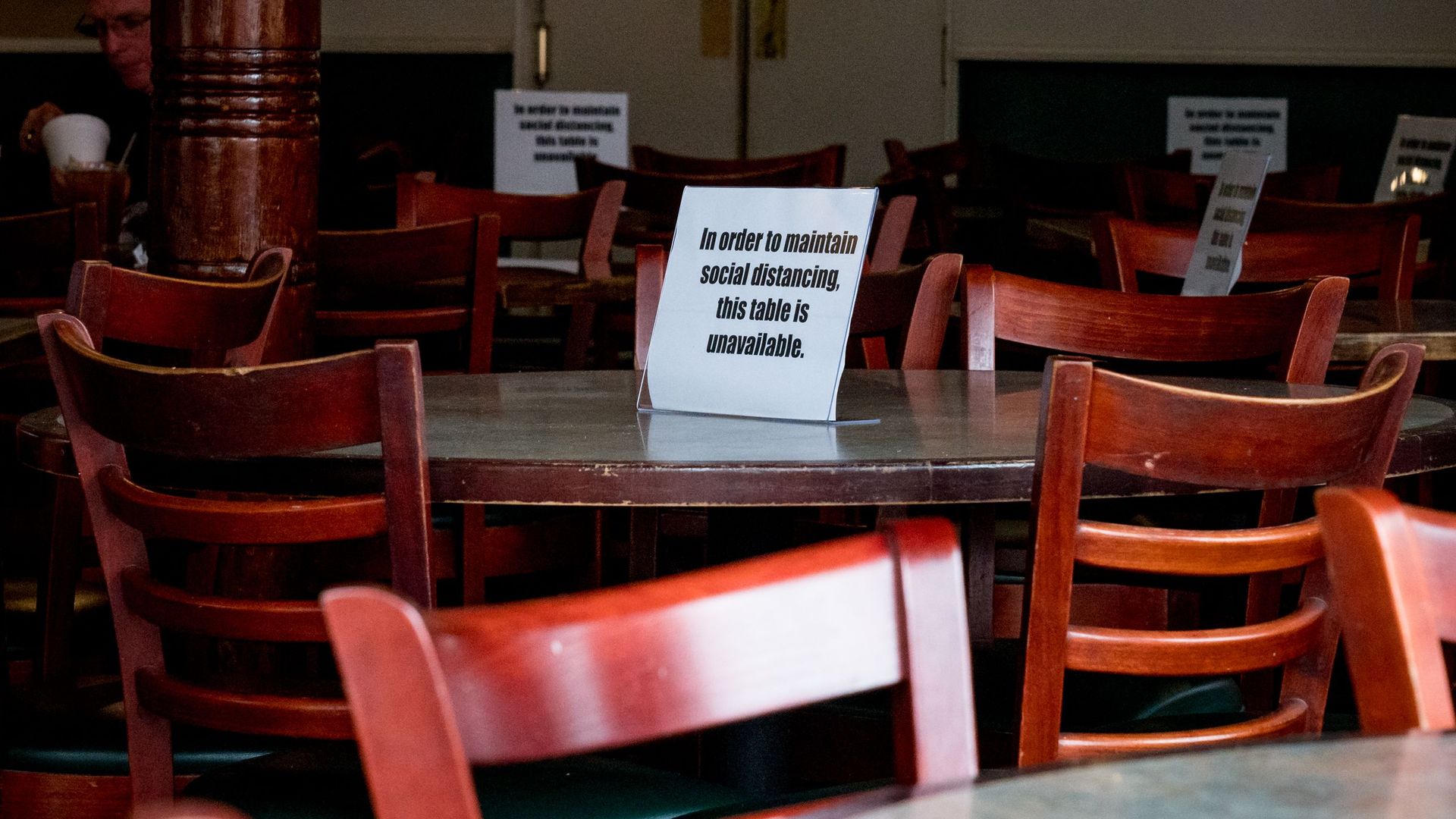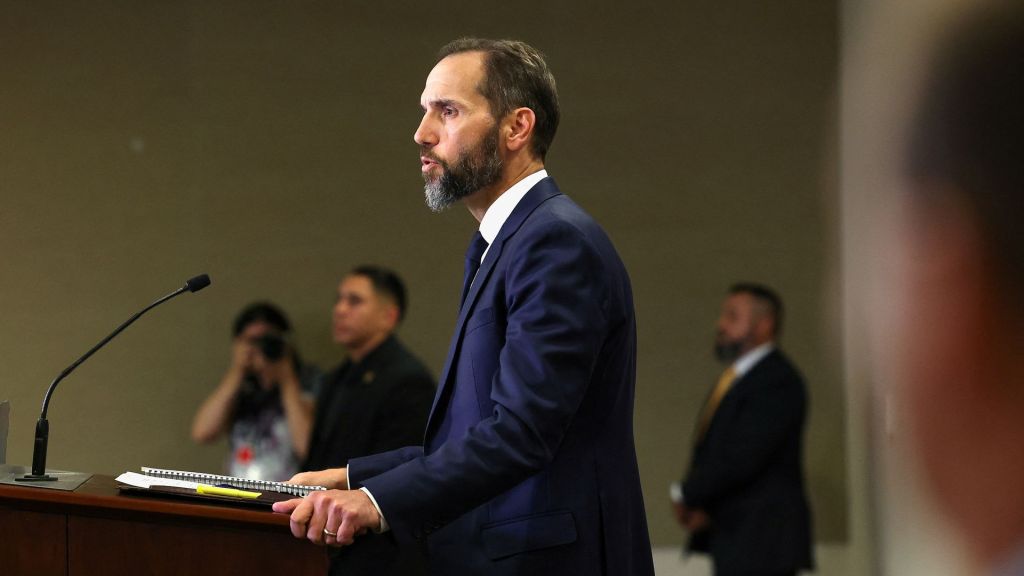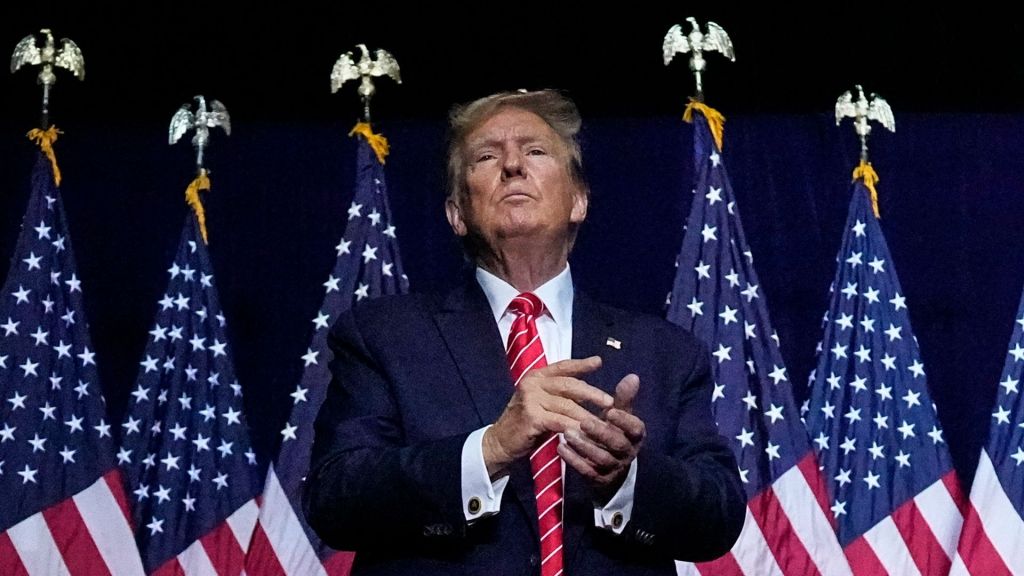
The Justice Department announced it charged 371 defendants, including members of gangs and transnational criminal organizations, with crimes related to $836 million in Covid relief fraud. That includes members of gangs and transnational criminal organizations. It’s part of a coordinated law enforcement sweep that took place from May to July.
That brings the total to 3,000 defendants and $1.4 billion seized since the Department launched the COVID-19 Fraud Enforcement Task Force in May 2021.
“Our focus on recovering stolen funds won’t be thwarted by fraudsters who try to hide or spend those funds before being prosecuted. We will seek judicial orders requiring convicted defendants to pay back every stolen dollar – and we have 20 years to realize those recoveries,” Deputy Attorney General Lisa Monaco said when announcing the enforcement action.
119 defendants in the latest sweep have already been convicted or pleaded guilty. The sheer size of the fraud can partially be attributed to the ease of obtaining the money. This has since been the subject of Congressional hearings.
“Small Business Administration’s first round of PPP loans resulted in 14 years-worth of lending in 14 days. As the program swelled to more than one trillion dollars, so did the risk to taxpayers. A simple system control that disallowed payments over one thousand dollars for each employee or validation with tax identification records, could have prevented these improper payments,” SBA Deputy Inspector General Sheldon Shoemaker told the House Oversight Committee in March. “We also found in PPP, the Department of Treasury’s do-not-pay list was not included within the initial internal control environment, allowing billions of dollars of likely improper payments.”
Most of the cases stem from the Paycheck Protection Program, pandemic unemployment insurance benefits or economic injury disaster loans.
Getting Paycheck Protection Program loans was as simple as filling out a two-page application and going to an approved lender like a bank or credit union. From start to finish, getting the money took an average of two weeks.
First time loan applicants could receive 2.5 times their business’s average monthly payroll costs, up to $10 million. The loans were forgiven as long as the money was used for approved expenses like payroll and operations.
But in the latest sweep the Justice Department targeted violent criminals and transnational organizations, including 30 gang members in Wisconsin who used unemployment money to solicit murder for hire and buy weapons and drugs.
“To those who committed fraud and have not yet been prosecuted, know that we have an extended statute of limitations for many of these offenses. Our law enforcement team is using sophisticated techniques to generate new investigative leads every day,” Deputy AG Monaco said.
The fraud investigations will not only continue, but expand. The Justice Department announced it’s launching two more strike forces in Colorado and New Jersey.






